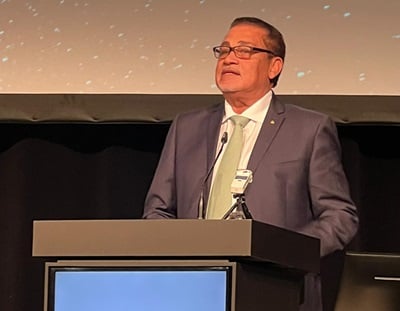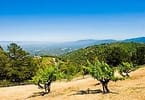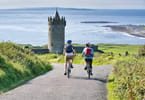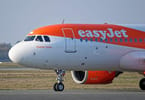The Joint Meeting of Ministers Responsible for Environment, Natural Resources, and Tourism from the សហគមន៍អភិវឌ្ឍន៍អាហ្វ្រិកខាងត្បូង (អេសឌីឌី) that took place from 21 – 25 October 2019 in Arusha, United Republic of Tanzania, has approved the SADC Tourism Programme for 2020 – 2030. The Programme was developed by SADC Secretariat in close collaboration with the Member States and is intended to serve as a roadmap to guide and coordinate the development of the sustainable tourism industry in the region and to facilitate the removal of barriers to tourism development and growth.
The SADC Tourism Programme takes cognizance of global and continental tourism programs including the United Nations World Tourism Organisation’s (UNWTO) Agenda for Africa, the African Union’s Agenda 2063 as well as several SADC initiatives, and frameworks. Additionally, various tourism institutional developments in SADC during the past five years were considered in drafting the Tourism Programme. These include the decisions by the Committee of Tourism Ministers in 2017 to reactivate a Tourism Coordinating Unit in SADC, and by the Council of Ministers in August 2018 to wind up the Regional Tourism Organisation of Southern Africa (RETOSA). During its August 2018 meeting, Council also approved the inclusion of Ministers Responsible for Tourism in the Joint Committee of Ministers of Environment and Natural Resources and in the Organ of Politics, Defense and Security Cooperation, thereby setting the scene for multi-sectoral collaboration in SADC.
"នេះ ទស្សនៈវិស័យ of the Programme for 2030 is that growth in cross-border, multi-destination travel in SADC will exceed average global tourism growth levels,” said Mr. Domingos Gove, the SADC Director of the Food, Agriculture and Natural Resources (FANR) Directorate, under which the SADC Tourism Coordination Unit is housed.
Objectives of the Programme include exceeding global growth levels in tourism receipts to and within the region, broadening the spread of regional arrivals and receipts, and effectively increasing the length of stay and return visits by visitors to and within the region, while ultimately fostering an enabling environment for tourism growth and development through the harmonisation of policies.
Against this backdrop, the programme will be implemented in pursuance of five strategic goals which are to: (1) Stimulate visitor movement and flows to and within the region, (2) Improve and defend the tourism reputation and image of the region, (3) Develop tourism in Transfrontier Conservation Areas (TFCAs), (4) Improve the quality of visitor experiences and satisfaction levels, and (5) Maximise tourism partnerships and collaboration.
Importantly, the Tourism Programme takes cognizance of the need for engagement across multiple sectors due to the cross-cutting nature of the tourism industry. The imperative to strategically engage private sector stakeholders was also acknowledged in the development of the Tourism Programme. These, among other key considerations, will effectively set the stage for collaborative regional engagement that will effectively work towards addressing bottlenecks to regional tourism growth and development with a view to the establishment of an enabling environment for the SADC tourism industry to thrive.
“Tourism is a cornerstone of the SADC economy, together with agriculture, mining and other services,” Domingos Gove said.
“While tourism is a growing and important economic sector for SADC, the region is yet to fully realise its potential to foster inclusive socio-economic growth, support local populations to fight poverty and minimise rural exodus, and to preserve the region’s natural and cultural heritage. We, therefore, look forward to working closely with the Member States and affected stakeholders – inclusive of the tourism private sector – to achieve the goals and objectives set out by the SADC Tourism Programme,” he said.
ក្រុមប្រឹក្សាទេសចរណ៍អាហ្វ្រិក applauded the program























